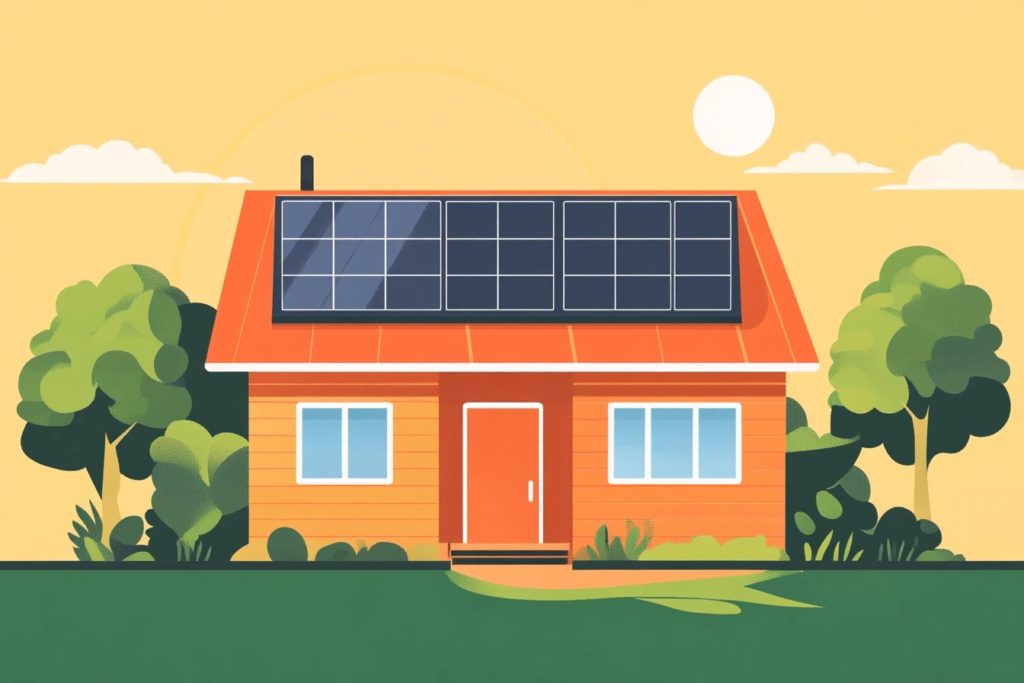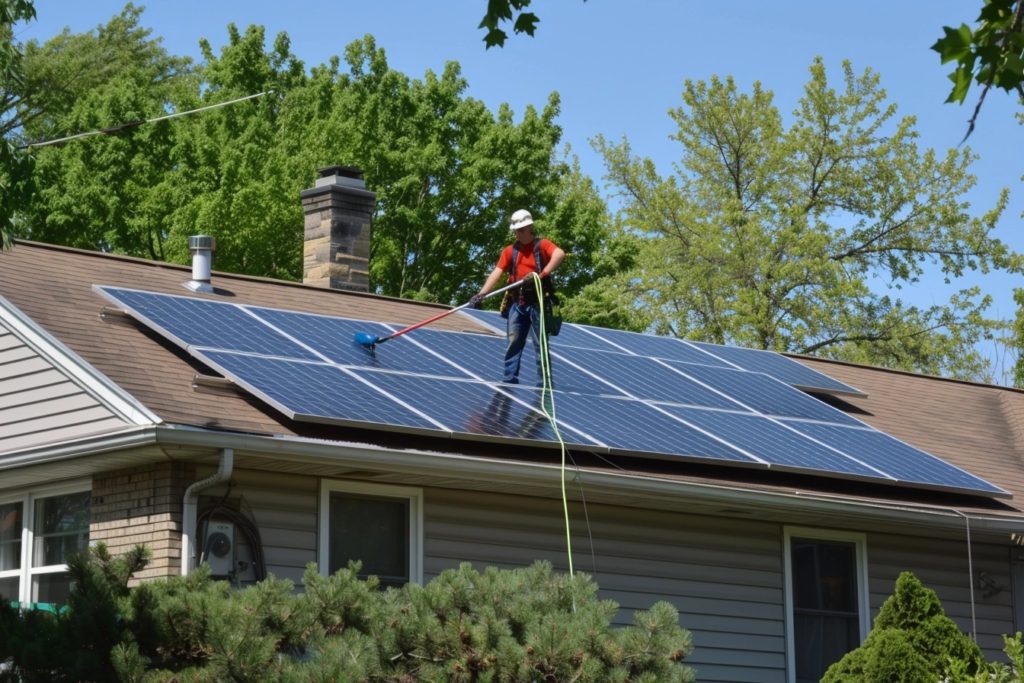According to data from the Center for Sustainable Energy, the typical residential solar panel system costs can vary quite a bit. This calculation is based on a system capable of generating five kilowatt-hours of energy, with an average cost of $3 to $5 per watt.
There are many variables that could push your specific solar system toward the high or low end of that scale, or even beyond. First off, the cost of solar panels varies quite a bit depending on which brand you buy, as well as how powerful your chosen panels are. In addition, it’s important to note that there are varying levels of solar incentives depending on which part of the country you live in.
On a national scale, you can still take advantage of the solar investment tax credit (ITC) if you act quickly. This incentive used to provide a 30% tax deduction for homeowners who install solar panels, but that rate dropped to 26% in 2020. In 2021, it will dip again to 22%, and after that, the ITC is set to expire.
Update: In August 2022, the solar tax credit was increased to 30% and extended through 2032.
On a state-by-state basis, there is a wide variety of different incentives for solar energy. Some states have generous solar incentives, like California, which offers rebates for homeowners who choose to install solar batteries, and they also offer a net energy metering program, along with property and sales tax exemptions that can really help you minimize your costs.
On the other hand, there are some states that only offer minimal solar incentives or none at all. To find out more about the incentives and rebates available in your state, take a look at the Database of State Incentives for Renewables & Efficiency (DSIRE) website to get all the details.




